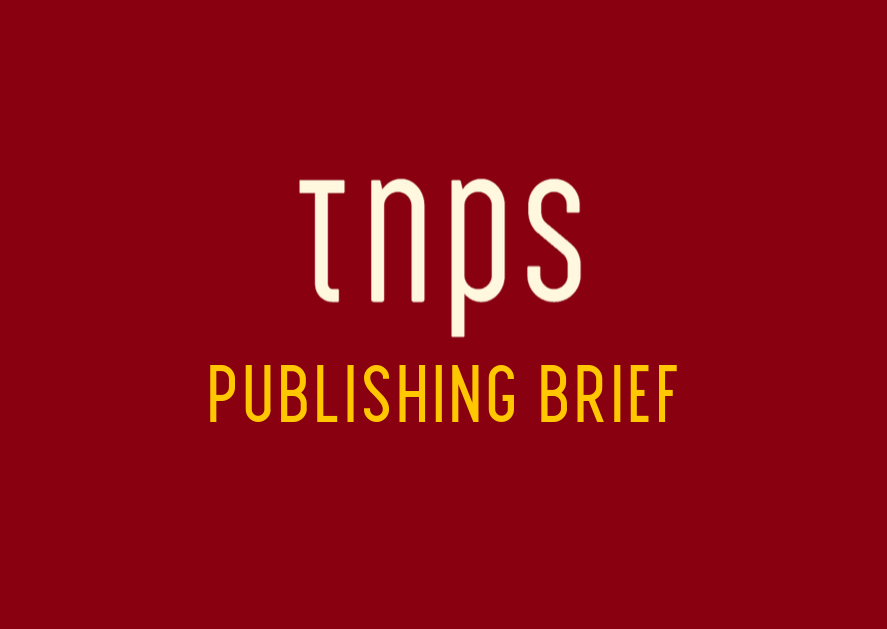Copyright theft is theft, pure and simple, but exaggerating the losses and exaggerating the threat piracy poses serves no-one’s best interests.
Crime happens. We learn to live with it, take precautions and go about our normal lives. But when it comes to piracy in publishing – and especially digital publishing – many prefer to use the threat of crime as an excuse not to embrace digital.
At the end of the day it is the law-abiding consumer – and in the long run the publisher – that pays the price.
Piracy is not going to go away. Name a crime that no longer exists because law enforcement eradicated it. Real life just doesn’t work that way.
But the cost of piracy to publishers is invariable exaggerated, not least because many who consume pirated material a) would not pay otherwise, and b) may not be able to access the material legally.
Let me share a local example here in The Gambia, where counterfeit DVDs of Hollywood, Bollywood and Nollywood films are openly sold on street corners and in shops.
Does Disney lose even a cent by the latest DVD of a Disney film being available? Basically no, because these consumers have absolutely no way to legally buy these DVDs here.
That’s not to sanction illegal copying – it is a criminal offence even here in The Gambia, which has IP laws, but neither the means nor the incentive to enforce them.
Which brings is to Japan, where IP protection is taken very seriously, as 29 year old Romi Hoshino found out. Hoshino has been jailed for three years and fined $650,000 for his role as administrator of the pirate Manga website Mangamura, founded in 2016 and which attracted as many as 100 million users a month.
Mangamura was shuttered back in 2018 after several publishers, including Kodansha and Shueisha did their homework to present a prosecutable case against Hoshino.
Hoshino, who raked in over a half billion dollars from advertisers, argued that Mangamura simply directed consumers to sites actually hosting the pirated material. The Japanese Court held this still breached the Copyright Act.
Three others involved in running Mangamura have also been arrested and are awaiting sentencing.
Besides Hoshino, three other operators of Mangamura were also arrested in the past. Wataru Adachi’s arrest happened in 2019, along with Kota Fujisaki and Shiho Ito. All three are awaiting sentencing.
The unanswered question is just how much Mangamura harmed publishing.
Content Overseas Distribution Association (CODA) estimates publishers’ losses at around 319 million yen ($2.9 million), but again we have no possible way of knowing how many of those who paid cash for pirated copy would actually have paid full price for the legal version. And that, of course, assuming they even knew they were buying a counterfeit version.
Complicating matters further, in the year after Mangamura launched digital sales of legal Manga exceeded print for the first time, and has been ahead of print ever since.
Via AnimeCorner.
To what extent the existence of Mangamura helped promote interest in the digital format such that helped bring that about is something we’ll never know, but is something we need to keep in mind.
Copyright theft is theft, pure and simple, but exaggerating the losses and exaggerating the threat piracy poses to keep digital engagement to a minimum serves no-one’s best interests.




